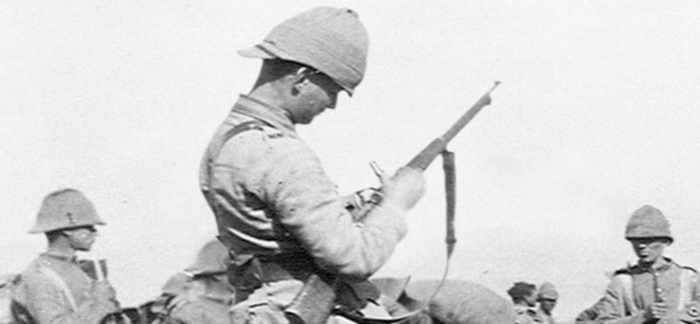With the growing tensions between different nations, many experts are saying that a war could break out at any given moment. This has many countries on the edge of their seats, but a lot of those who are more strategic in nature have put in extra effort to ensure their safety. Military conscription, for example, is mandatory military service rendered by civilians for a certain period of time which many nations enact to prepare their people in the event of war. There are several pros and cons to military conscription, and here we discuss the most notable.
List of Pros of Conscription
1. Promotes Nationalism
These days, it’s hard for people to say that they feel proud of their country, but conscription could change that. It has been said that conscription was designed to make people feel a closer identity to their country, and imparts the feeling that in the event that their nation needs their help, they’ll be there to serve.
2. Encourages Physical Fitness
It can be hard for members of a country to provide military service and assistance if they’re unfit to do so. That said, military conscription further highlights the need to be healthy, thus encouraging individuals to maintain their health and wellness to better serve their country.
3. Teaches Important Skills
Aside from teaching participants the benefits of and techniques for an effective self defense method, conscription also imparts important and valuable work related values and practices like discipline, punctuality, and diligence which have helped many previous trainees become more efficient at their office jobs.
List of Cons of Conscription
1. Violates Free Will
Because military conscription is a mandatory practice, many argue that it violates free will, stripping individuals of their right to choose whether or not they want to participate in the training.
2. Gets in the Way of Education
Those who are drafted for military conscription are taken at the age they’re most likely to learn best, which is at around 18 years. The main conflict here is that many of those at this age are rip for entering other levels of education, like college, or might even consider becoming part of the workforce. Mandating them to take part in military training could take away their chance at higher education or work.
3. Reduces the Quality of Military Service
Because these are civilians who are trained for just two years, there is no guarantee that they will be able to provide meaningful assistance when the time comes that they are required to render military services.




